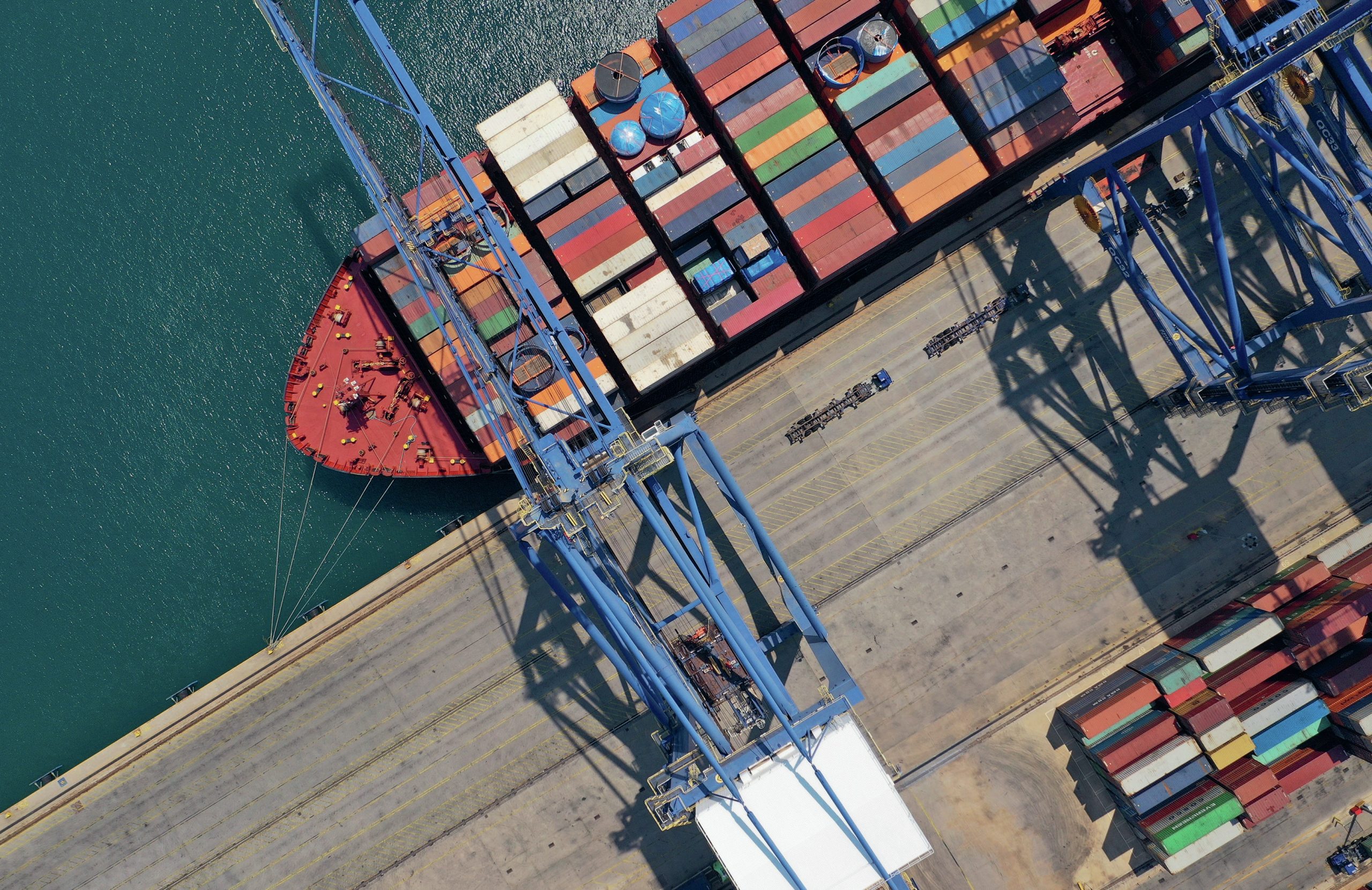
The UK relies heavily on international trade, both as a source of goods and services that it cannot produce domestically and as a market for the goods and services for which it holds a comparative advantage. Such trade benefits all trading partners, and adds to consumer choice and welfare.
The period before about 2007 was known by some as the ‘Great Moderation’, when economies enjoyed steady economic growth and relatively low inflation. Since then, there have been some major disruptions that have interrupted growth and affected global international trade. The financial crisis of 2007–09 affected financial markets and had knock-on effects on economic growth. Economies began to settle down after that, but the Trump presidency brought a move towards protectionism, the UK initiated the Brexit process, the Covid-19 pandemic hit the global economy, and then Russia invaded Ukraine. In addition, Liz Truss replaced Boris Johnson as prime minister, and was herself replaced within 50 days of taking office by Rishi Sunak. All of these events had major impacts on international trade, but what data can we use to monitor their effects?
Your organisation does not have access to this article.
Sign up today to give your students the edge they need to achieve their best grades with subject expertise
Subscribe




